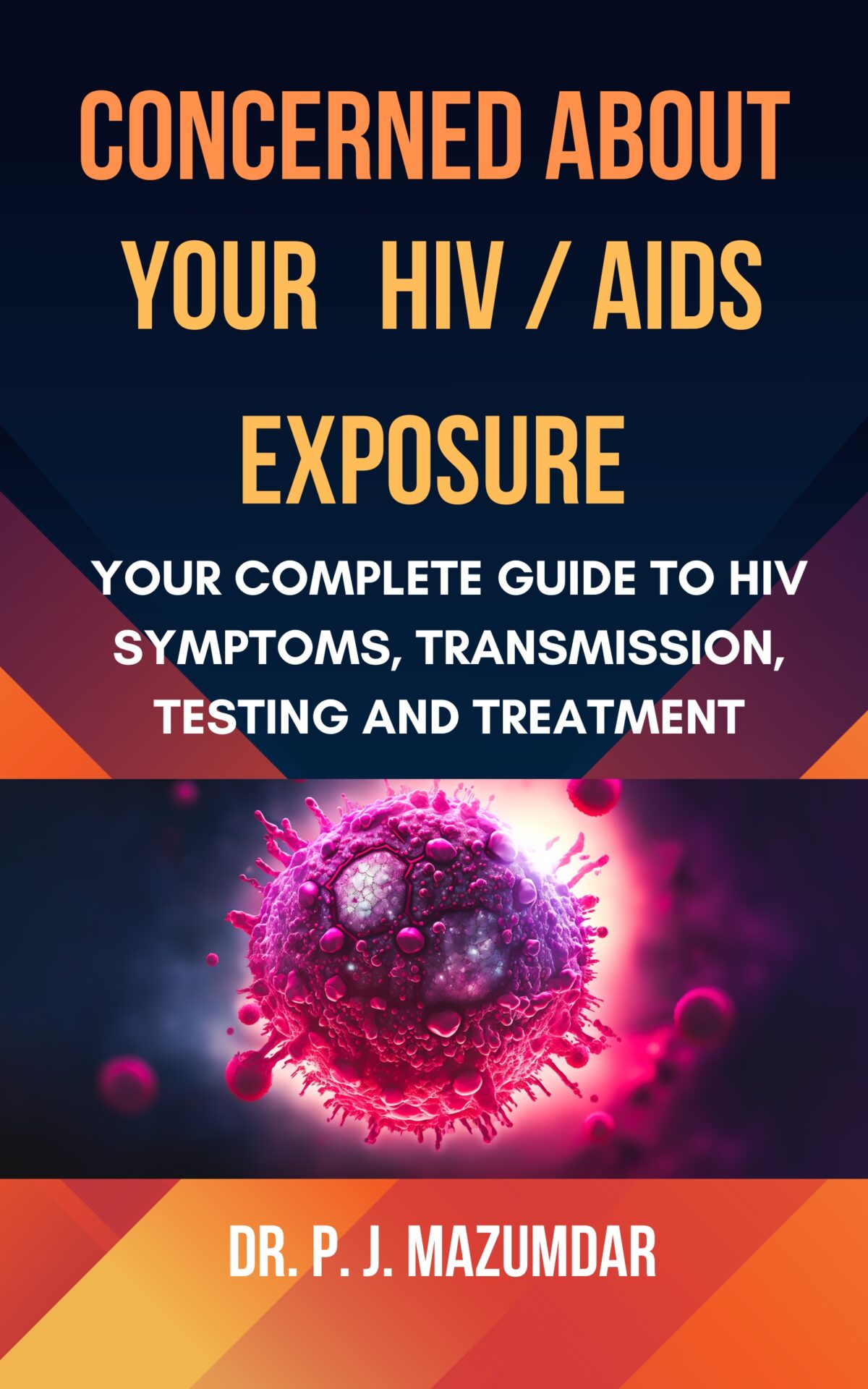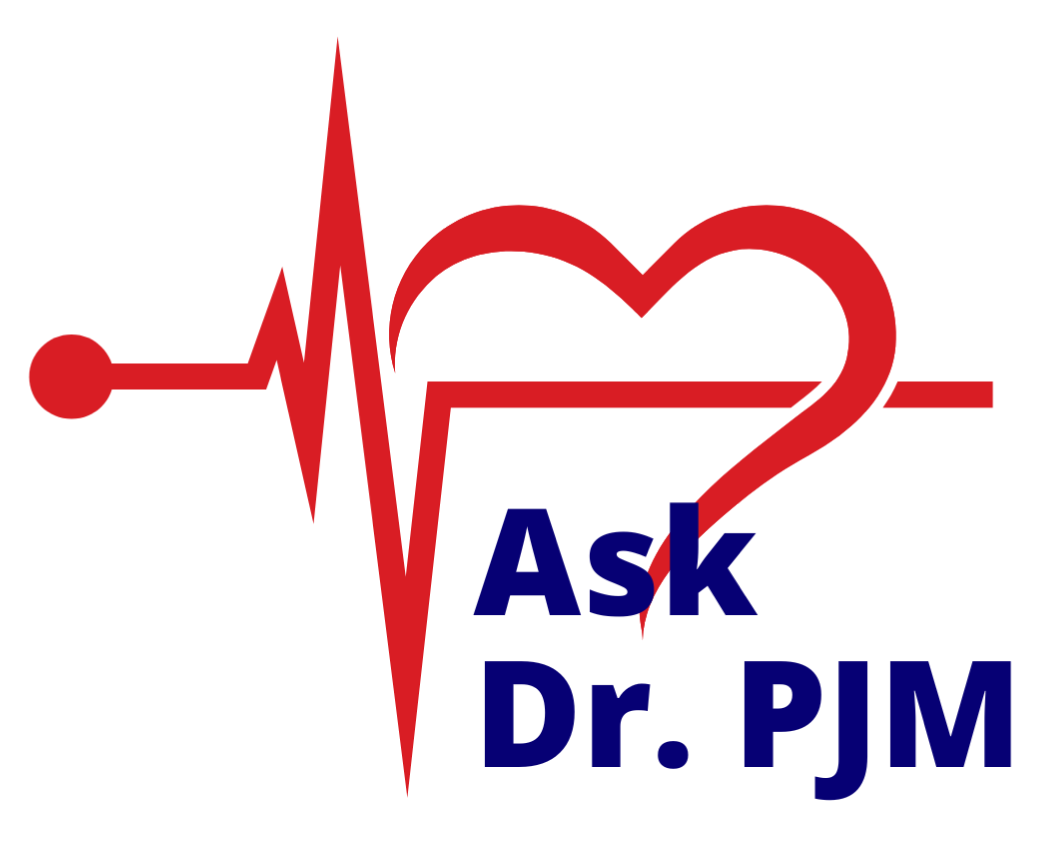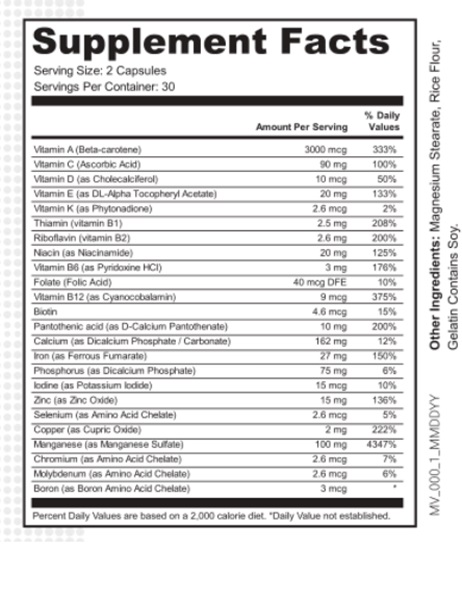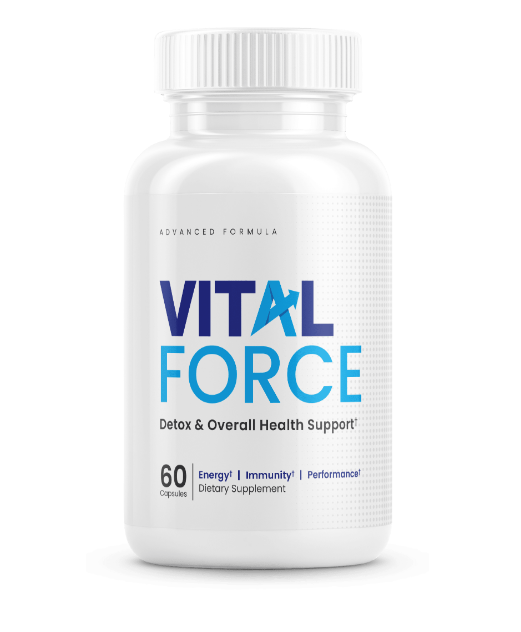HIV and Aging: How the Virus Impacts Older Adults and What You Need to Know
Introduction
HIV care has come a long way, and today, people with HIV are living longer, healthier lives than ever before. As a result, the number of older adults with HIV is steadily growing. Whether diagnosed earlier in life or as a senior, living with HIV brings unique challenges and symptoms that can change with age. For older adults with HIV, understanding the signs, symptoms, and special care needs is key to maintaining a high quality of life.
This article will explore early and common symptoms of HIV in older adults, how aging impacts HIV care, and what to look for when managing health as an older adult with HIV. By recognizing these factors, seniors with HIV can take proactive steps to stay healthy, informed, and empowered.
Understanding HIV Symptoms in Older Adults
HIV symptoms can vary from person to person, but aging can complicate the way these symptoms present. Because certain symptoms of aging, like fatigue, weight loss, or memory issues, can overlap with symptoms of HIV, recognizing HIV-specific signs in older adults can be challenging.
Early Symptoms of HIV in Older Adults
When HIV is first contracted, there’s typically a period known as acute HIV infection, during which early symptoms appear within 2-4 weeks. These symptoms may resemble those of a viral illness or flu:
- Fever: A mild, persistent fever is one of the first signs of HIV and may come with night sweats and chills. In older adults, fever might be dismissed as a minor issue, but it’s worth paying attention to, especially if it persists.
- Fatigue: Extreme fatigue that doesn’t go away with rest is common during early HIV infection. For seniors, fatigue may be attributed to age, but it’s important to consider testing if other symptoms are present or if fatigue is severe.
- Swollen Lymph Nodes: Swelling of lymph nodes in the neck, armpits, or groin can be a sign of the body fighting off infection. Older adults should be aware of these signs, as swollen lymph nodes are often a first indicator of the immune system’s response.
- Sore Throat and Headache: These symptoms are also common early signs of HIV and can be mistaken for seasonal illnesses.
- Muscle and Joint Pain: Achy muscles and joints, similar to flu symptoms, may also be an early sign of HIV. In seniors, joint pain can be easily attributed to age-related issues like arthritis, making it crucial to look at these symptoms within context.
- Rash: An HIV-related rash can appear on the trunk or face and may be red, itchy, or slightly raised. For older adults, this could easily be mistaken for a skin condition, so noticing any unusual rashes alongside other symptoms can be helpful.
Older adults may not experience every one of these symptoms, but being aware of them can lead to earlier testing and intervention.
Have Questions or Concerns About HIV?
Worried about HIV testing, symptoms, transmission, or treatment? Need personalized answers from an expert you can trust? Dr. PJM is here to help. With over 28 years of experience, Dr. PJM offers reliable, personalized guidance tailored to your HIV concerns.
This is a paid consultation service, ensuring you get dedicated attention and expert advice.
Visit the Home Page and Ask Dr. PJM Now!Get the Answers You Need, Today!
Why Aging Complicates HIV Diagnosis
Diagnosing HIV in older adults can be complicated because age-related health issues often mask HIV symptoms. Conditions like high blood pressure, diabetes, arthritis, or cognitive changes can divert attention from underlying HIV-related symptoms. Additionally, some healthcare providers may not immediately consider HIV testing for older adults, assuming the risk is lower, which isn’t always the case.
Higher HIV Risks in Older Adults
While it may be surprising, many older adults remain sexually active or may even return to dating after a loss or separation. However, awareness of HIV risk factors is generally lower among seniors. Some may not use condoms or other protection due to misconceptions about the risks of HIV in older age, which can lead to increased vulnerability.
Common Symptoms in Long-Term HIV Survivors and Aging Adults with HIV
For individuals who were diagnosed with HIV earlier in life and are now aging with the virus, certain long-term symptoms may develop as they get older. Aging with HIV can introduce complications that affect physical, mental, and cognitive health.
- Increased Fatigue and Decreased Mobility: Older adults with HIV may experience more pronounced fatigue and physical limitations. Fatigue can result from HIV itself or as a side effect of antiretroviral therapy (ART), which, while life-extending, can contribute to feeling rundown over time.
- Cognitive Decline: HIV-associated neurocognitive disorder (HAND) is a condition seen in some people with long-term HIV. Symptoms can include memory issues, confusion, and difficulty concentrating. Aging can exacerbate these symptoms, making it difficult to distinguish between HIV-related cognitive decline and other age-related issues like dementia.
- Bone Density Loss: People with HIV may experience faster bone density loss, which raises the risk of osteoporosis and fractures. Bone health is especially critical for older adults, and HIV can accelerate this aging-related challenge.
- Increased Cardiovascular Risk: Long-term HIV and certain antiretroviral medications may increase the risk of cardiovascular disease. Aging already heightens this risk, so it’s important for seniors with HIV to monitor heart health and manage blood pressure and cholesterol levels.
- Weakened Immune System: While ART has improved immune health for those with HIV, the natural aging process still weakens the immune system over time. For older adults, this means a greater risk of infections and other illnesses, so preventive care and vaccinations are essential.
- Kidney and Liver Function Issues: Over time, HIV, along with the medications used to manage it, can put stress on the liver and kidneys. Regular screening for kidney and liver health is particularly important in older adults to prevent complications.
Specialized HIV Care for Seniors
As people with HIV age, their care needs evolve. Addressing these unique needs involves managing both HIV and aging-related health concerns. Here are some important aspects of HIV care for seniors:
- Regular Monitoring and Comprehensive Health Screenings: Routine health screenings become increasingly essential as we age. For seniors with HIV, regular screenings for blood pressure, cholesterol, kidney, and liver function can help catch any early signs of complications. Bone density scans can also help monitor and manage osteoporosis risks.
- Mental and Cognitive Health Support: With the higher risk of neurocognitive issues, regular mental health evaluations are vital. Many clinics offer neurocognitive assessments to help manage memory, attention, and other cognitive functions. Supportive therapies, memory aids, and activities that stimulate cognitive health can also be beneficial.
- Medication Management: Aging bodies may process medications differently, so it’s important for older adults to work closely with their healthcare providers to optimize antiretroviral therapy (ART) and manage side effects. It’s also essential to avoid interactions between HIV medications and those taken for other health conditions.
- Physical Activity and Mobility Support: Regular exercise can help maintain mobility, muscle strength, and cardiovascular health. For seniors, finding accessible activities like walking, yoga, or water aerobics can help improve physical and mental well-being.
- Mental Health and Social Support: Living with HIV as an older adult can bring emotional challenges, including loneliness and isolation. Mental health support, whether through therapy, support groups, or peer networks, can make a significant difference in quality of life. Staying socially connected is essential for mental well-being, as isolation can exacerbate depression and cognitive decline.
- Nutrition and Preventive Health: A well-balanced diet can support immune function and overall health, making nutrition a key focus for seniors with HIV. A healthcare provider or nutritionist can help create a diet that supports bone health, heart health, and energy levels.
Worried After a Possible HIV Exposure?
Are you concerned about a possible HIV exposure? Do you seek reliable information to navigate your concerns and make informed decisions about your health? Look no further. Dr. P. J. Mazumdar, a highly experienced physician with over 28 years of expertise, offers a meticulously researched book that provides essential guidance and support.

This book provides the information you need for your clarity and understanding.
Don’t Wait. Get Informed.
Available on Amazon Kindle!
Buy Your Copy of “Concerned About Your HIV / AIDS Exposure” Now!How to Support Older Adults Living with HIV
Older adults living with HIV face unique challenges that friends, family, and caregivers can help navigate. Here are a few ways to provide support:
- Encourage Routine Health Check-Ups: Regular health screenings are essential for seniors with HIV to monitor any changes and stay proactive about health.
- Promote Social Connections: Staying connected can help reduce feelings of isolation and improve mental health. Encouraging loved ones to join support groups or community activities can provide both social and emotional benefits.
- Support Medication Management: As health needs become more complex, managing multiple medications can be challenging. Helping with medication schedules or organizing a pillbox can make it easier to stay on track.
- Respect Privacy and Stigma Concerns: Many older adults with HIV lived through times of intense stigma and discrimination. Being mindful and respectful of their privacy around HIV status can help them feel more comfortable and reduce anxiety.
- Encourage Physical Activity: Physical activity supports both physical and mental well-being. Encouraging participation in light exercise or recreational activities can enhance quality of life.
Conclusion: Thriving as an Older Adult with HIV
Living with HIV as an older adult comes with unique considerations, but with the right care, it’s entirely possible to enjoy a healthy, fulfilling life. Understanding early signs, recognizing the challenges of aging with HIV, and ensuring access to specialized care and support are key components of thriving as a senior with HIV.
If you or someone you love is aging with HIV, remember that support is available, and many healthcare providers are equipped to offer personalized care for seniors. By staying proactive and focusing on holistic well-being, older adults with HIV can continue to live with strength, resilience, and dignity.
Boost Your Immunity and Health with Vital Micronutrients
A good balanced diet plays a vital role in our lives. It is crucial for our immunity, which protects us not only from infectious diseases but also from chronic conditions like cancer and autoimmune diseases. Proper nutrition keeps our organs healthy, provides energy, supports our reproductive system, keeps us strong, and benefits us in countless other ways.
A well-rounded diet supplies essential micronutrients like vitamins and minerals. But in the fast pace of modern life, few of us can claim to maintain a perfect diet. That’s where supplements come in. Ensuring we get these critical nutrients helps prevent deficiencies that could negatively impact our health.
One highly recommended product is Vital Force. It contains all the essential vitamins, minerals like magnesium and calcium, and powerful antioxidants like curcumin, all in a balanced composition. Taking two capsules a day can strengthen your immunity and support a healthy, productive life.
This is an affiliate link, and I will earn a small commission if you make a purchase.
Buy Vital Force Now!Always consult your healthcare provider before starting any new supplement. This is for informational purposes only and not a substitute for professional medical advice.







